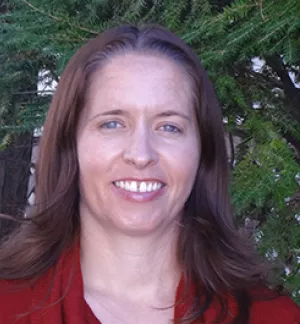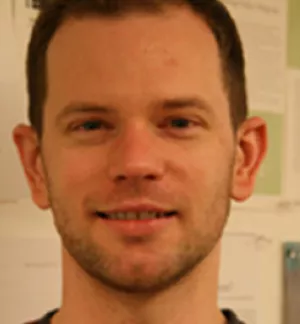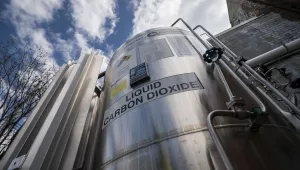Abstract
Carbon capture and storage (CCS) technology has the potential to contribute to reductions in atmospheric carbon dioxide emissions and thus help mitigate climate change. Although awareness of the potential of CCS technology is increasing among the public and specific energy/climate stakeholders, understanding remains limited and engaged opportunities for learning about CCS technology have been minimal. This paper explores stakeholders’ perceptions of the risks and benefits of CCS technology, and how those perceptions changed with additional information provided by CCS technology experts. In October 2007, a unique day-long CCS educational event was held at the Chewonki Foundation’s Center for Environmental Education in Wiscasset, Maine, U.S.A. This event brought a dozen CCS experts from academia, industry, and government to Maine to discuss CCS technology, its potential role in mitigating CO2 emissions, and its place within the evolution of an increasingly carbon constrained energy system. Approximately one hundred key policy and decision-makers with interest and involvement in the northeast United States’ energy system were invited and participated in the seminar. All participants were asked to complete a survey on their perceptions of the risks and benefits of CCS technology before and after the event. The results indicate that exposure to information about CCS technology increased stakeholder reporting of their level of understanding of the technology and of their level of support for advancing the technology. Several interesting changes in perception were associated with age, level of education and gender. Significant changes in the reported level of support for CCS advancement was found in more educated and younger stakeholders while this change did not appear with older and less educated individuals. A distinct and significant increase was identified in the level of concern about CCS reported among women before and after the event.
Stephens, Jennie, Jeffrey Bielicki and Gabriel Rand. “Learning about Carbon Capture and Storage: Changing Stakeholder Perceptions With Expert Information.” Energy Procedia, In Press






